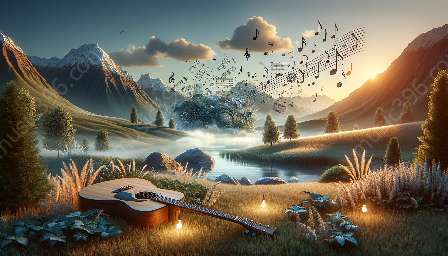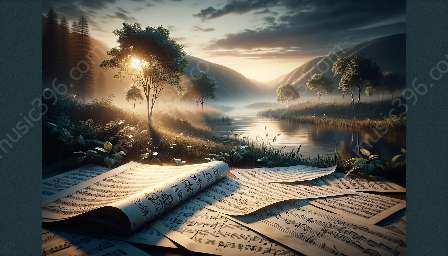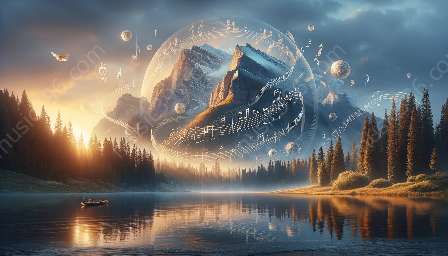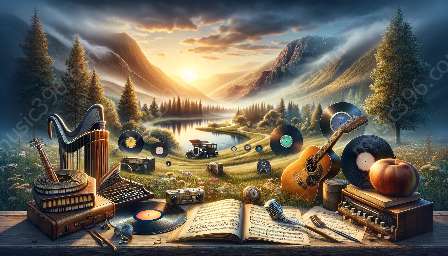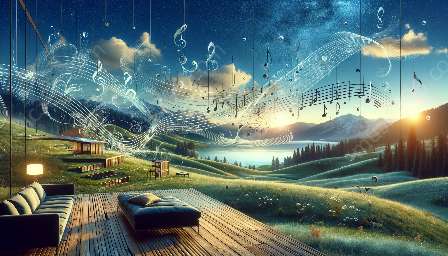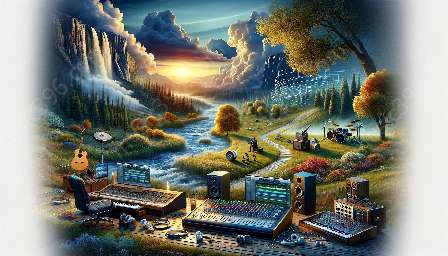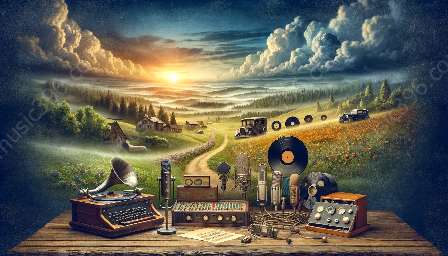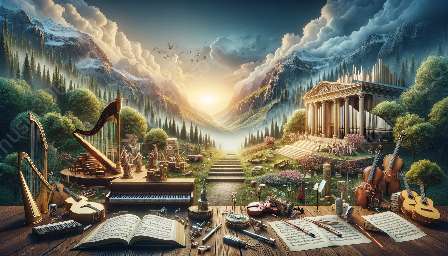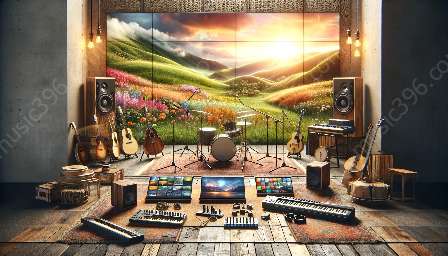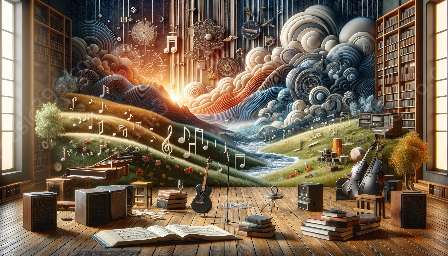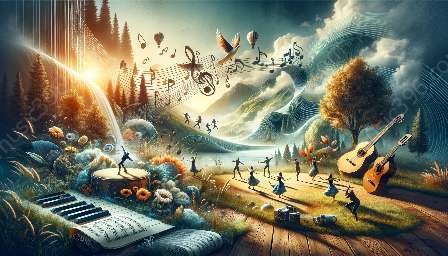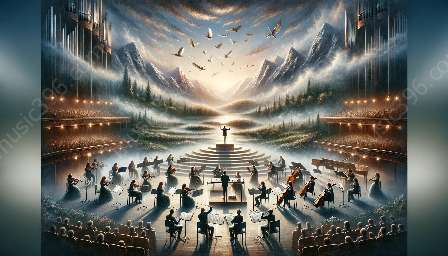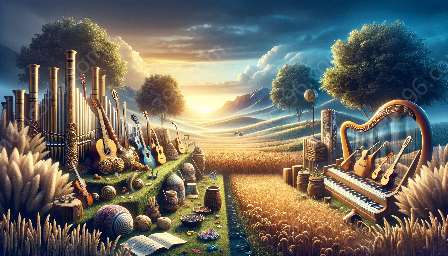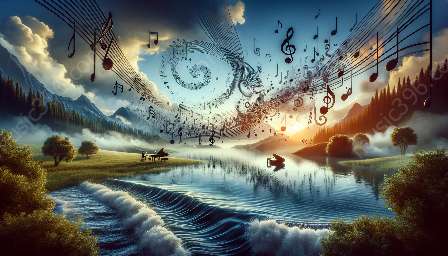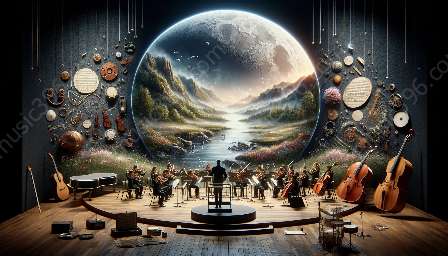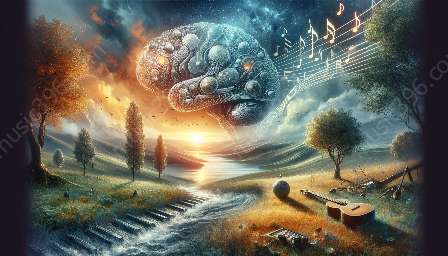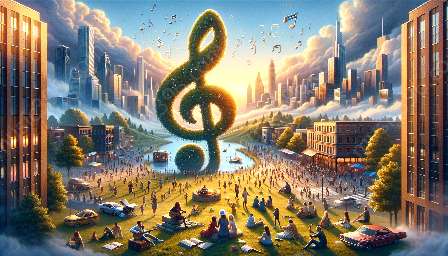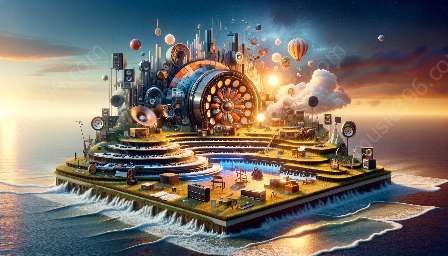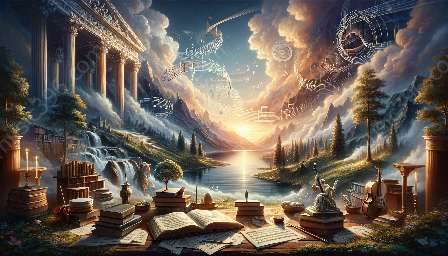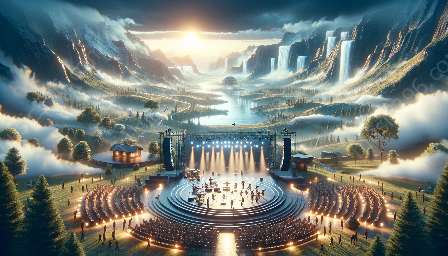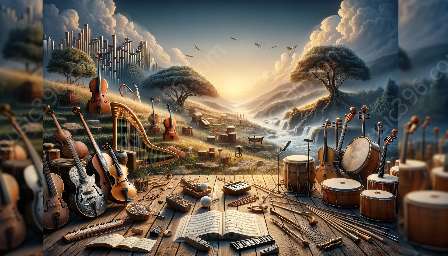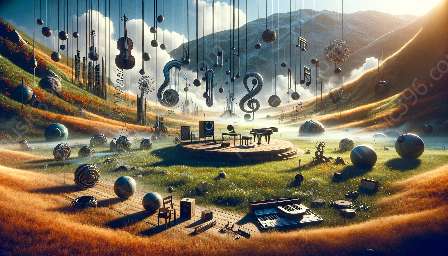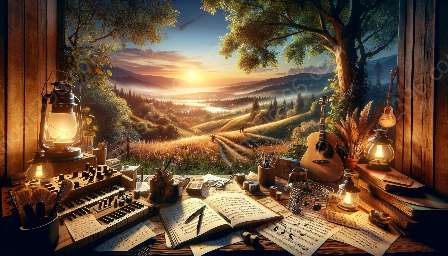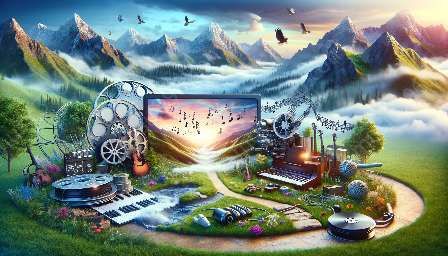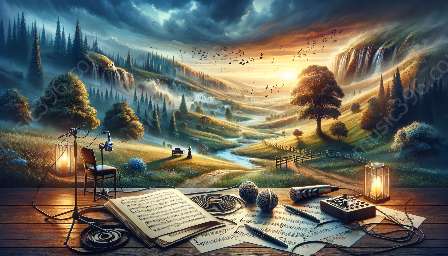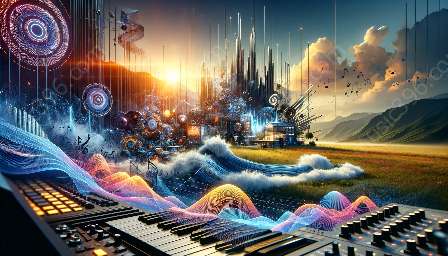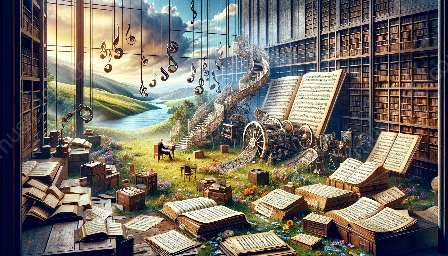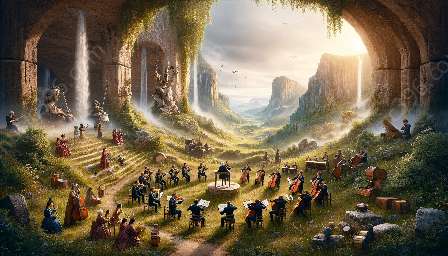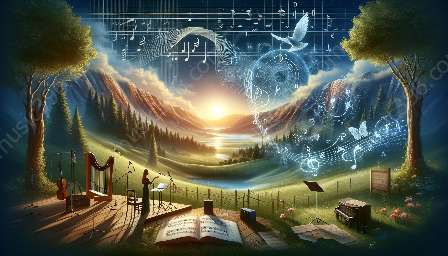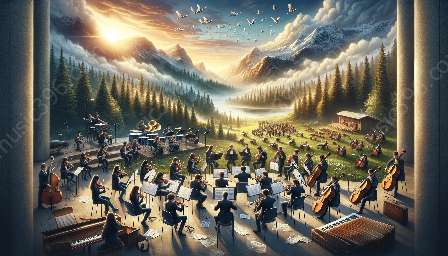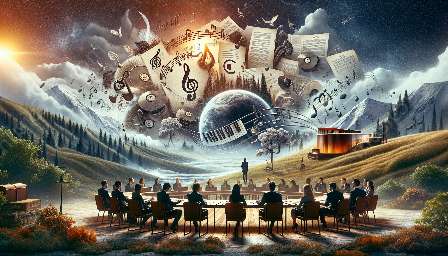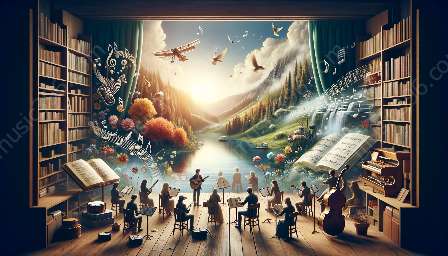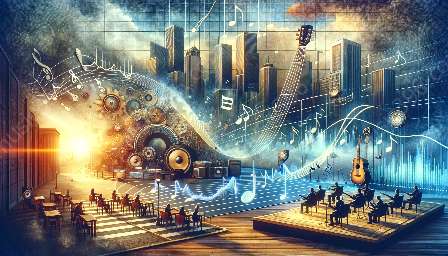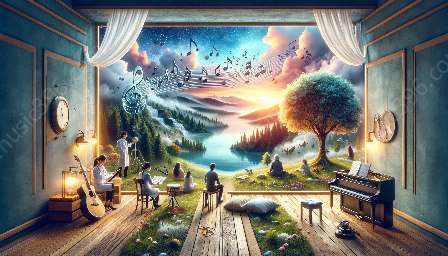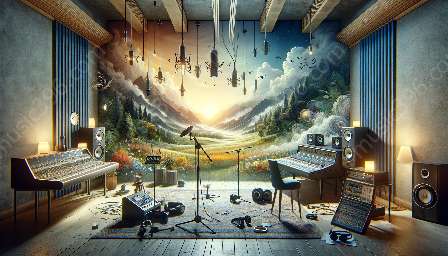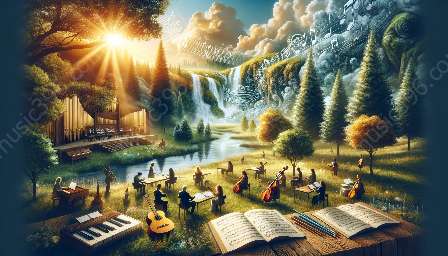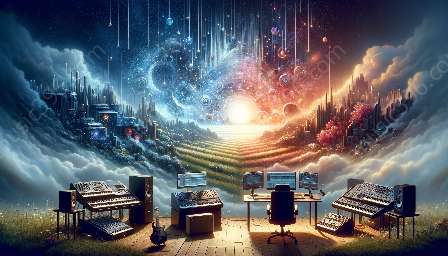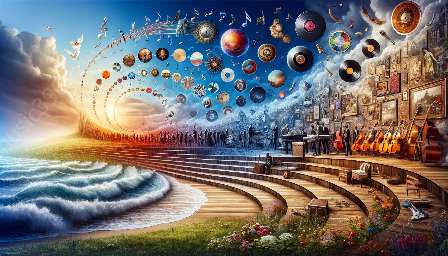Music literacy is the ability to read, write, and understand music notation. It involves the knowledge of musical concepts, terminology, and understanding how music works. Technology can play a vital role in enhancing music literacy, providing innovative tools and resources to aid in the understanding and appreciation of music. This topic cluster explores the use of technology to enhance music literacy, covering modern tools and strategies for learning and appreciating music.
The Importance of Music Literacy
Music literacy is crucial for aspiring musicians, music educators, and enthusiasts. It enables individuals to communicate and interpret musical ideas effectively. It encompasses various elements such as understanding musical notation, rhythm, harmony, melody, and form. Additionally, music literacy facilitates the exploration of different musical styles, genres, and historical contexts, contributing to a deeper appreciation of music.
Technology and Music Literacy
Advancements in technology have revolutionized the way music is created, taught, and consumed. Technology offers numerous opportunities to enhance music literacy and make learning more engaging and accessible. Whether through interactive apps, online platforms, or digital tools, technology provides innovative solutions to support music education and literacy.
Modern Tools for Learning Music Theory
One way technology enhances music literacy is through the use of digital tools for learning music theory. Interactive software and apps can offer immersive experiences that help learners understand complex musical concepts. Whether it's learning about scales, chords, or intervals, technology can present information in a visually engaging and interactive manner, making it easier for students to grasp abstract music theory concepts.
Digital Resources for Musical Notation
Technology also offers digital resources for musical notation, making it easier for students to learn how to read and write music. From virtual sheet music libraries to notation software, learners have access to a wealth of digital resources that enable them to practice reading and writing musical scores. These resources can also provide instant feedback, facilitating a more efficient learning process.
Audio Technology for Ear Training
Ear training is an essential component of music literacy, and technology plays a significant role in this area. Audio technology, including software for ear training and music transcription, can aid in developing aural skills. Through interactive exercises and quizzes, learners can sharpen their ability to identify musical elements such as pitch, rhythm, and harmony, ultimately enhancing their overall music literacy.
Interactive Learning Platforms
Online platforms and interactive learning environments have become valuable tools for music education. These platforms offer interactive lessons, tutorials, and exercises that cater to different learning styles. Students can explore a wide range of musical topics, from music history and theory to composition and performance, all within a digital learning environment that encourages active engagement and participation.
Strategies for Integrating Technology into Music Literacy
While technology provides valuable resources for enhancing music literacy, it's essential to consider effective strategies for its integration into music education. Educators and learners can benefit from the following approaches:
- Collaborative Online Projects: Encouraging students to collaborate on music-related projects using online platforms and tools can enhance their music literacy while fostering a sense of community and creativity.
- Utilizing Digital Audio Workstations: Introducing students to digital audio workstations (DAWs) can expand their understanding of music production and composition, offering hands-on experience in creating and arranging music.
- Exploring Virtual Reality (VR) Applications: Leveraging VR technology can provide immersive experiences for exploring musical performances, historical settings, and cultural contexts, enriching students' understanding and appreciation of music.
References and Further Reading
For further exploration of technology's role in enhancing music literacy, the following references and resources provide valuable insights:
- National Association for Music Education: Technology and Music Literacy
- JSTOR: Digital Tools for Music Literacy
- MusicTheory.net: Interactive Music Theory Exercises
Conclusion
Technology offers diverse opportunities to enhance music literacy, providing modern tools and strategies for learning and appreciating music. By leveraging digital resources, interactive platforms, and innovative applications, individuals can further develop their understanding of music theory, notation, and aural skills. The integration of technology into music education not only augments traditional teaching methods but also ensures that music literacy remains relevant and engaging in today's digital age.

